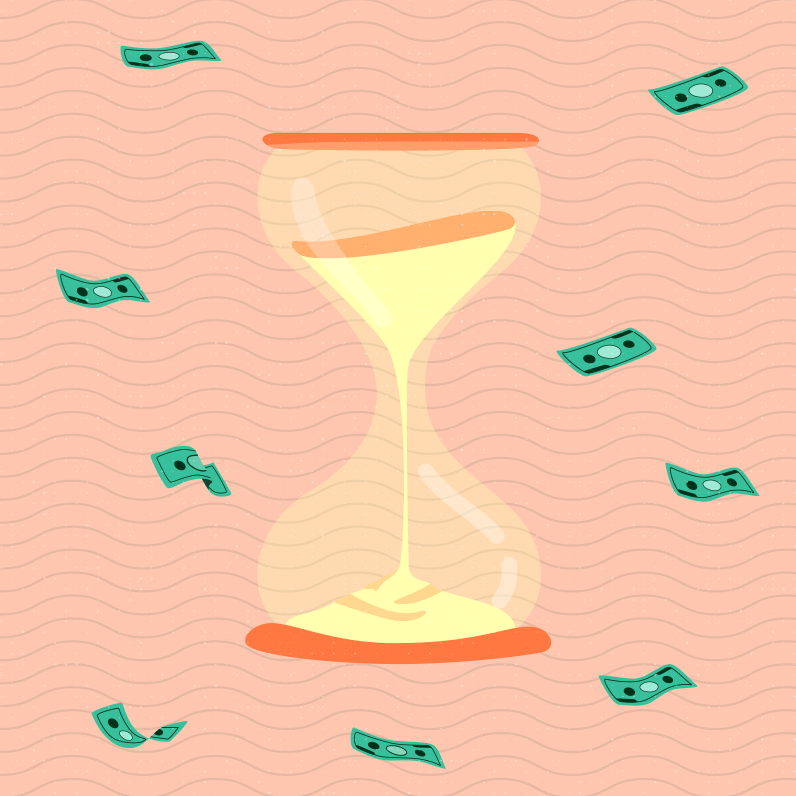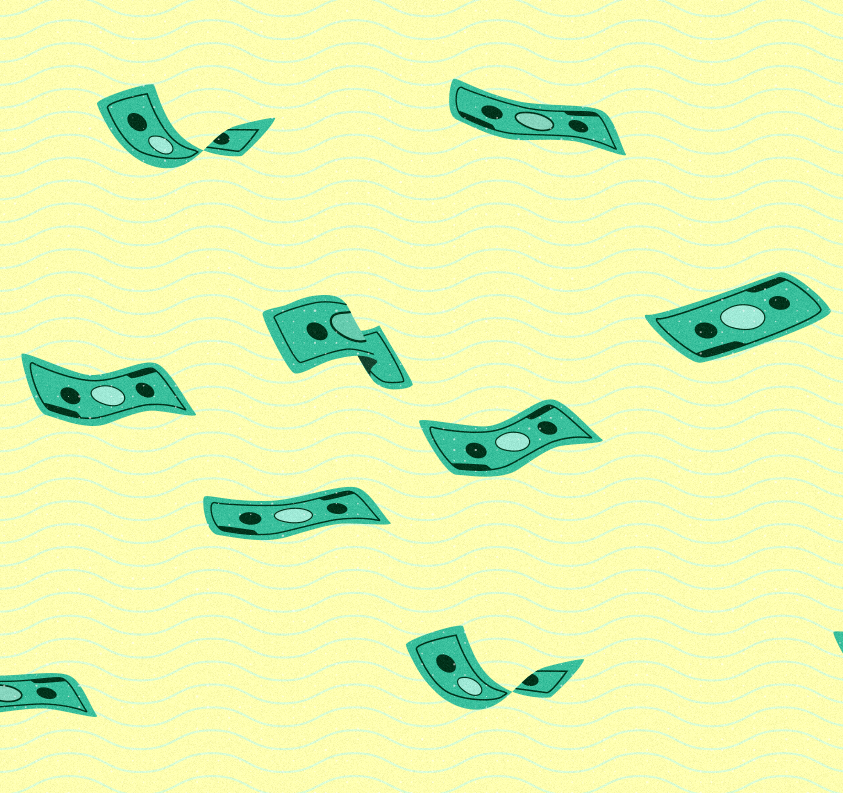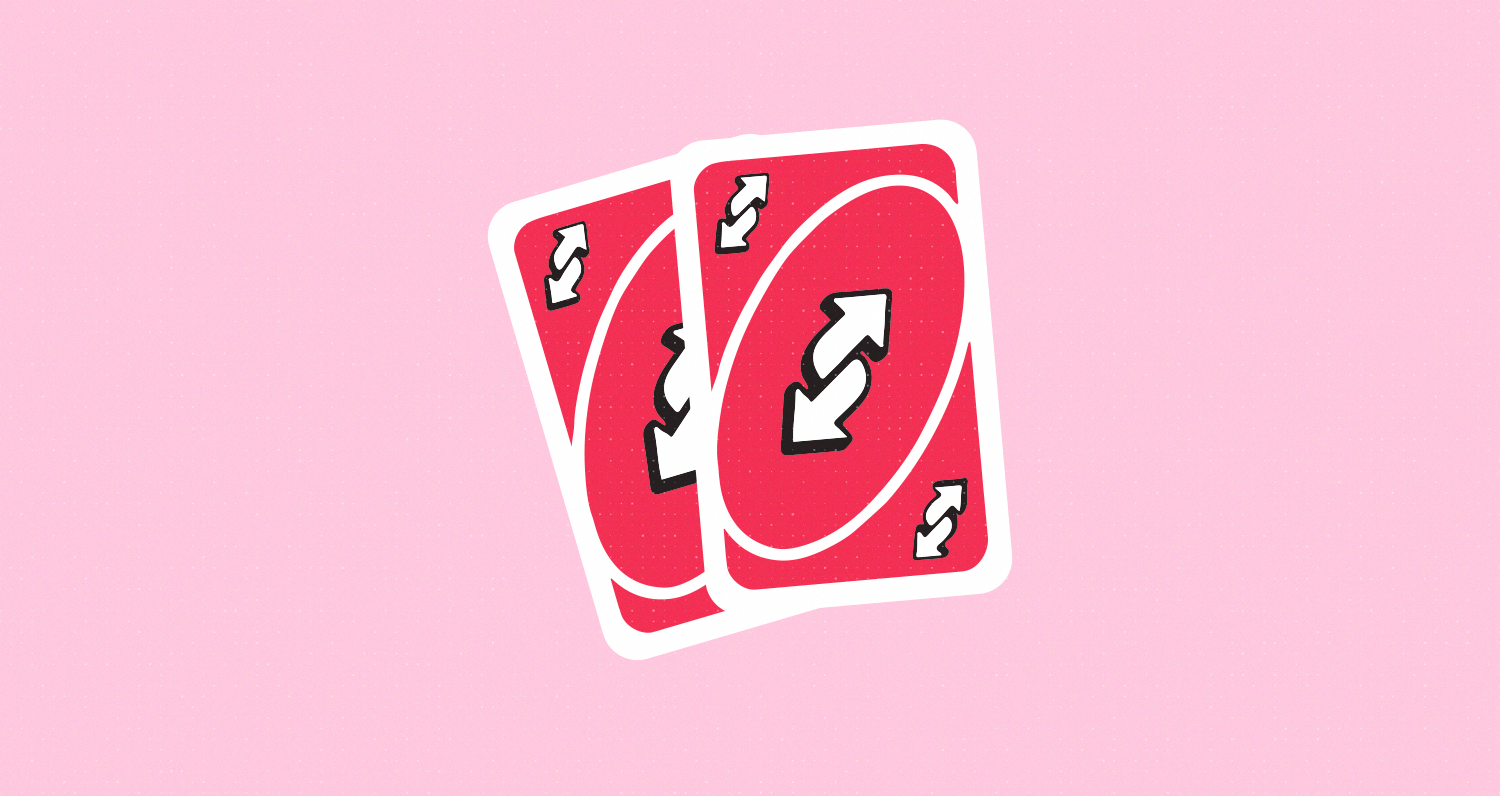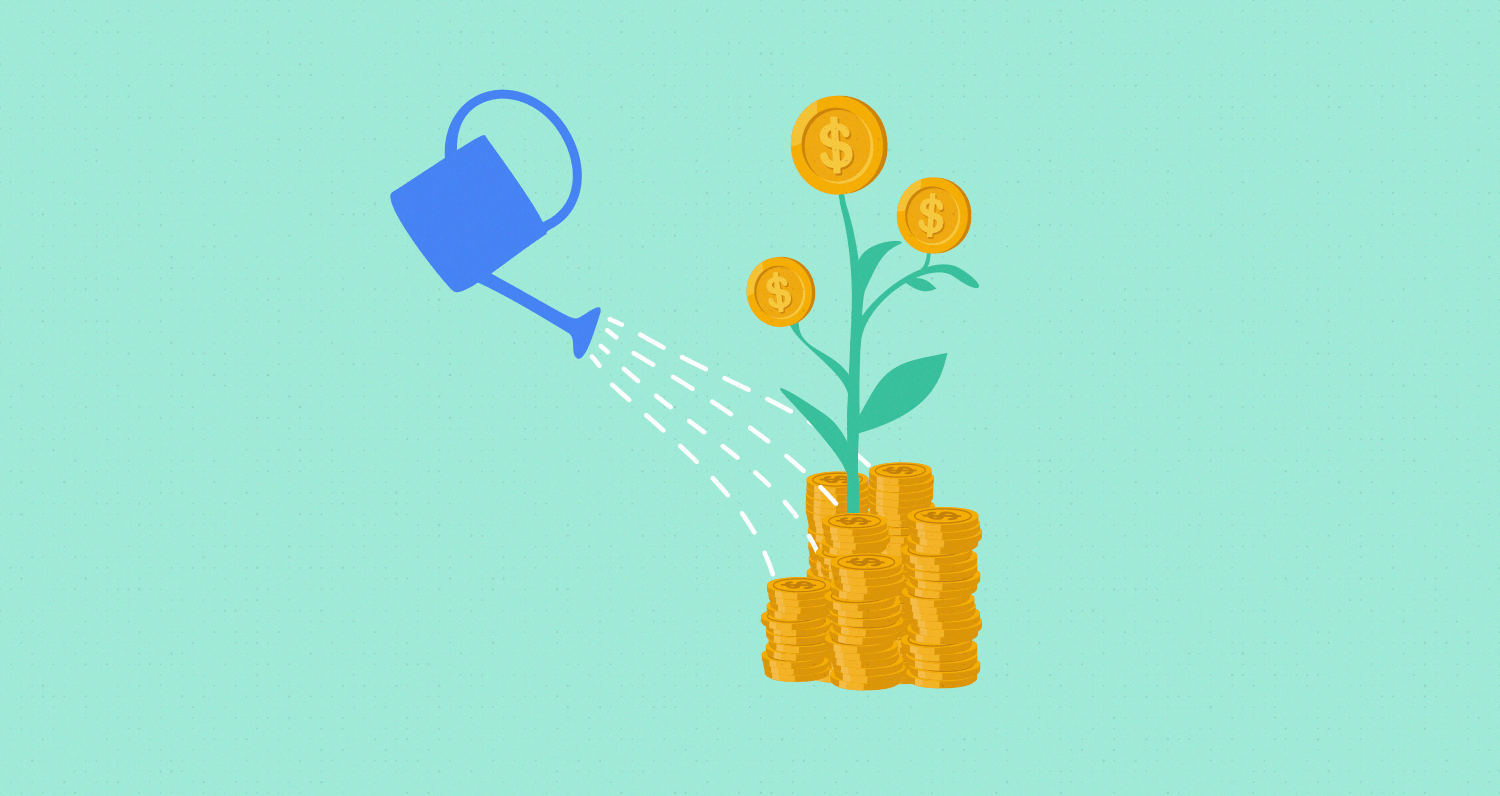If someone offered you the choice between a $1 bill and a $100 bill, which would you choose? It’s a pretty easy question, since the $100 is clearly more valuable than the $1. You can use it to buy 100 times more than what you’d buy with the $1. But why is that? After all, both the $1 and the $100 are just pieces of paper. What is it about those pieces of paper that makes them so special?
Why is money useful?
Money is a way of storing value, much the same way that a battery stores energy. When we generate electricity, we can store it in a battery and use it later. When we generate economic value, we store the value of our work in money, which we can convert into different goods and services whenever we want.
Money also allows us to borrow and invest for the future. By borrowing money, we can buy goods and services in the present, but pay for them at a later date. By investing, we set aside some value now–in the form of money–to create more value in the future.
Why did people invent money?
People have been buying and selling things throughout human history, but they haven’t always done it with money. Before the invention of money, they had to trade for the things they needed. The problem is that this system only works when two people each have something the other person wants, and at the same time.
To fix this problem, people started using money. The first ‘money’ was not in the form of coins or paper, but in the form of valuable items like shells, grains, or cocoa beans. These items gave people greater freedom, as they could choose what to buy and when. People then developed gold and silver coins, and eventually paper money, which made buying and selling even easier.
Why is money valuable?
Nowadays, we don’t use shells or gold coins to buy goods and services. Instead of using valuable items, we just use paper money, or records of money held by a bank. But who decided that paper was valuable? We did. Unlike the money of the past, which was made from valuable materials, today’s money is only valuable because it can be used to buy things. We give it value when we accept it in exchange for goods and services.
Ok, so money has value. But how much value, exactly? The value of money varies from one country’s currency to another. It depends on the supply of that currency in existence, and the demand for purchases and investments in that currency. When a country decides to increase the supply of its currency by printing more money, the value of the currency declines. On the other hand, the value of a currency can increase if many people want to convert their money into that currency, either to buy goods or to make investments in that country.
Money now vs. money later:
The value of money also changes from year to year. In a process known as inflation, currencies decrease in value over time. This means that it takes more money to buy the same things. When people talk about inflation in the news, they are usually referring to faster than average inflation, but a low rate of inflation is normal in growing economies.

Let’s imagine someone offers you another choice: would you accept a $100 bill now or a $100 bill a year from now? If your instinct is to take the money now, it doesn’t mean that you’re impatient. The offer of a $100 bill now is actually more valuable than the offer of the same bill at a later date.
How is that possible? $100 is $100, isn’t it? There are two reasons why the same $100 is, in fact, worth more now than later. The first reason is inflation. Inflation reduces the purchasing power of the $100, meaning that it can buy less in the future compared to the present.
But inflation isn’t the only reason you should accept the offer of money now. The other reason is the opportunity to invest – money is more valuable when you have time to put it to work. If you were to accept the money at a later date, you would lose the opportunity to invest and grow your money during this time.
Inflation and the time value of money are both reasons to start investing sooner rather than later. When you invest, your money grows fast enough to outpace inflation, and the sooner you start, the more time it has to grow.









